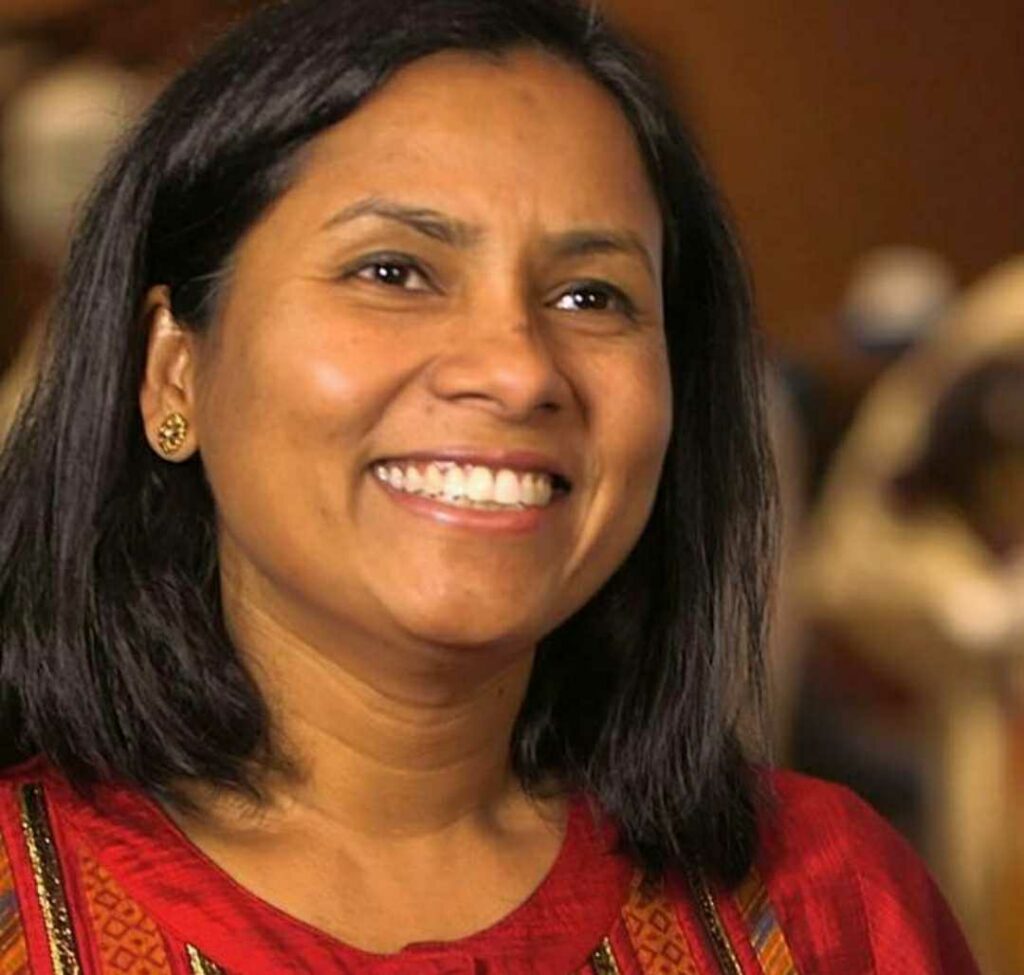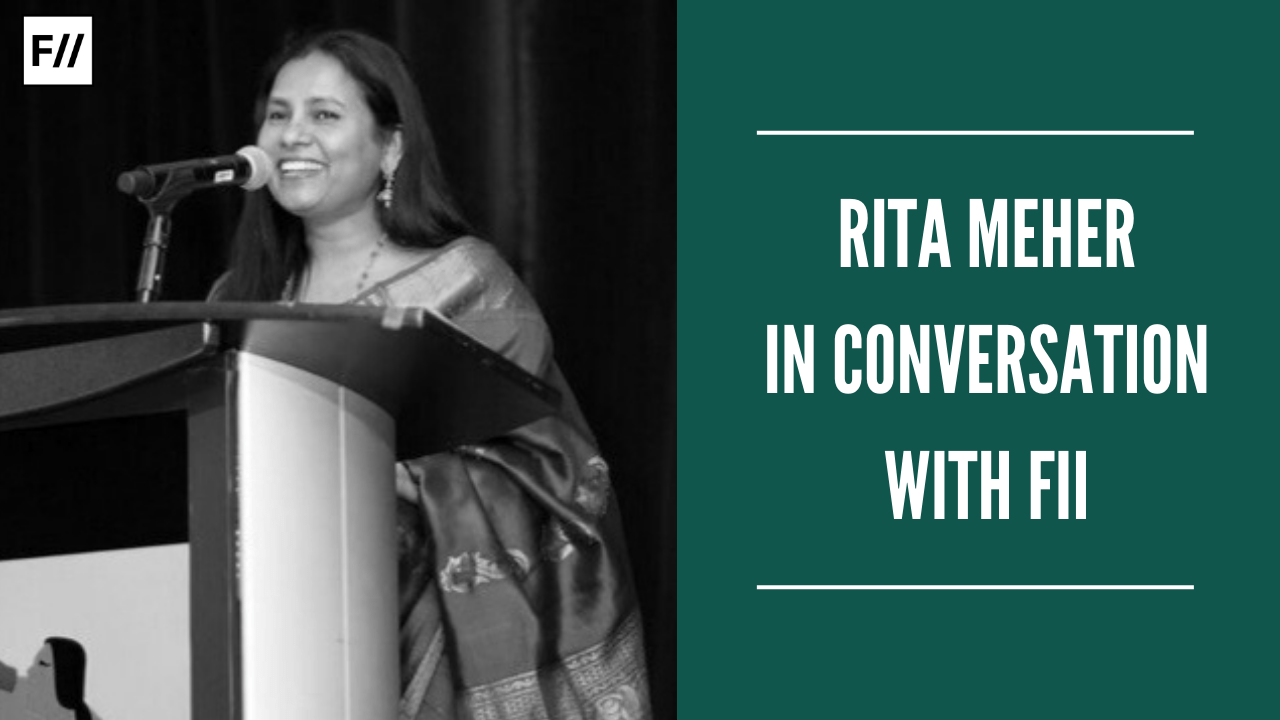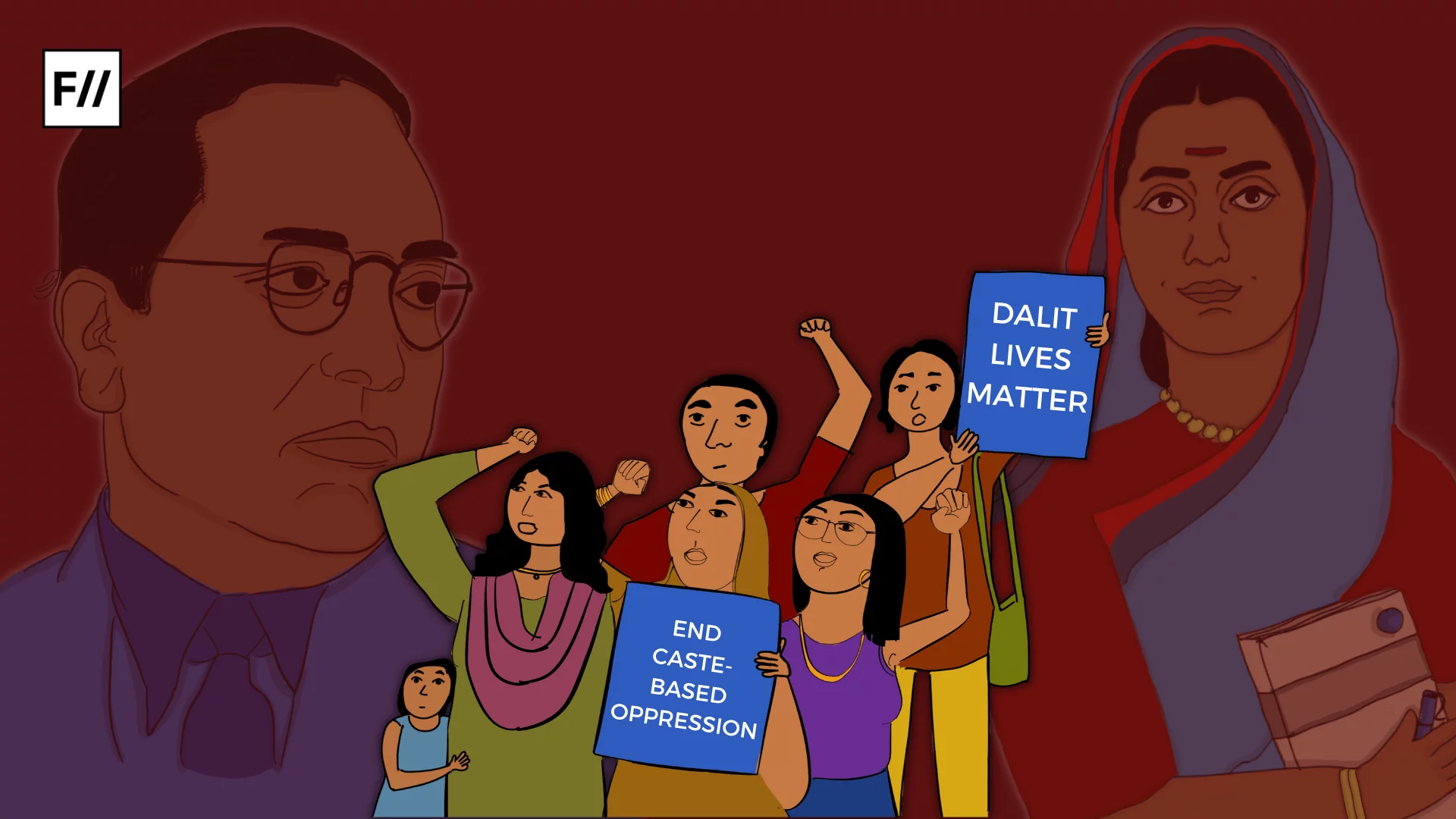On 21st February 2023, the Seattle council approved an ordinance, that turned out to be a historic win, with Seattle becoming the first city in the US to include caste in the anti-discrimination policy. The law will now help the minority community in the US fight against caste discrimination, in working spaces, employment, housing and public accommodation.
South Asian communities continue to practice caste in different forms all over the world- from micro-aggression to violent-oppressive attacks on minorities. In this context, FII speaks to Rita Meher, the co-founder and executive director of Tasveer, a filmmaker, editor and storyteller. Rita has received numerous awards including the Northwest Asian Weekly’s Rising Stars, the Seattle Globalist of the Year, and Excellence in Arts by International Examiner and nominated for Seattle Mayor’s Award for Excellence in Arts.
“As an Adivasi woman, this law has empowered me to publicly acknowledge and speak out against the shame and trauma I experienced growing up in India due to my caste identity. Like indigenous peoples all over the world, we have been systematically robbed of our land, water, and resources and have been displaced from our ancestral homes. This decision sets an important precedent and serves as a statement of solidarity for those who continue to fight against caste oppression.”
Rita Meher
Co-founded by Rita Meher and Farah Nousheen, the organisation came into existence at a time when the mainstream media started stereotyping South Asians post the 9/11 attack and they (Rita and Farah) decided to change this narrative. Their quest for better representation led to the founding of Tasveer (meaning ‘picture’ in Hindi & Urdu) in March 2002, in Seattle. The aim was to recast the harmful labels by providing a glimpse into the lives of South Asians through film, art, and storytelling.

FII in conversation with the filmmaker and co-founder of Tasveer, Rita Meher, on the Seattle legislation, minority rights and the fight against oppression.
TW: Mention of rape and suicide
FII: Seattle has marked a historic-monumental win against caste oppression. How relevant and important is this at a time when India and other South Asian countries still continue oppression and violence against marginalised communities?
Rita: Yes! Seattle has achieved a historic victory against caste oppression with the passing of an urgent and important law. This 3000-year-old system, which many people believe only affects those living in India, has now been legally recognised as a form of discrimination against marginalised communities, and yes, I am being protected by this new law. This is a monumental and revolutionary step, as it is the first time in its 3000-year history that the caste system has been recognised and addressed outside of its place of origin. This is particularly important given the fast-growing Indian and South Asian population in the United States, in Seattle.
“Growing up in New Delhi and attending JNU, I learned how to conceal my caste identity from everyone. However, years later, recently before the pandemic, I discovered that everyone in my class knew that I was an Adivasi admitted on ST quota. It was a matter of shame for me, and I subsequently left my class WhatsApp group. I have always felt a deep-seated fear and shame for being judged based on my caste, which I also directly associates with social class.”
Rita Meher
As an Adivasi woman, this law has empowered me to publicly acknowledge and speak out against the shame and trauma that I experienced growing up in India due to my caste identity. Adivasis are the indigenous tribal people of India, like Native American people in America. Like indigenous peoples all over the world, we have been systematically robbed of our land, water, and resources and have been displaced from our ancestral homes. This decision sets an important precedent and serves as a statement of solidarity for those who continue to fight against caste oppression.

While there is still much work to be done, this win gives us hope and encouragement to continue the fight alongside our allies. This law is a timely and necessary step towards recognising and addressing caste discrimination, and it is a vital milestone in the struggle for social justice and human rights.
FII: As you might know, the number of marginalised students who are victims of institutional murder is not less in number including the recent death of Darshan Solanki at IIT Bombay. There have been rising protests against this violence and huge victories like Brown University adding caste to the non-discrimination policy. In this context, how do you place the function of this hierarchical power structure in the South Asian diaspora (Hindu, Muslim, Christain, etc.) in academic spaces/tech fields/other working spaces (choose as per your area) in the US? Would you like to share any instances or personal experiences?
Rita: The caste system is a pervasive issue that affects all aspects of society, which is happening in the US as well. While instances of caste discrimination in the tech and education sectors receive more attention due to the larger number of people from marginalised communities working in those areas, an anomaly like me who runs a non-profit organisation, that too an arts organisation, continue to remain invisible in plain sight.
Growing up in New Delhi and attending JNU, I learned how to conceal my caste identity from everyone. However, years later, recently before the pandemic, I discovered that everyone in my class knew that I was an Adivasi admitted on ST quota. It was a matter of shame for me, and I subsequently left my class WhatsApp group. I have always felt a deep-seated fear and shame for being judged based on my caste, which I also directly associates with social class.
“The historic win of a member of the Adivasi community, particularly a woman, could be seen as a symbol of hope and progress for other members who have faced discrimination and marginalisation. Despite the rise of right-wing propaganda promoting caste discrimination, marginalised communities must continue to advocate for their rights and resist oppression. The next generation can play a vital role in this effort by being informed, engaged, and empowered to fight for equality and justice.”
Rita Meher
From the beginning, I felt the need to hide my indigenous identity and caste, which perhaps subconsciously led me to date and marry a non-Indian. Despite many challenges, I persevered in growing my organisation to a level where it continues to make progress.
However, it’s important to recognise that hiding our caste identities perpetuates the very discrimination we seek to fight against. By remaining silent, we allow the oppressive caste system to continue unchecked. It’s time to break this cycle of silence and speak out against caste discrimination, whether we work in tech, schools, or non-profit organisations. Only by coming together and taking a stand against caste oppression, we can hope to bring meaningful change in society.
FII: What does this historic win mean to you as a woman from the oppressed community? How do you see yourself and the next generation in the coming years when there is a rise in right-wing propaganda, especially in western countries?
Rita: The historic win of a member of the Adivasi community, particularly a woman, could be seen as a symbol of hope and progress for other members who have faced discrimination and marginalisation. Despite the rise of right-wing propaganda promoting caste discrimination, marginalised communities must continue to advocate for their rights and resist oppression. The coming generation can play a vital role in this effort by being informed, engaged, and empowered to fight for equality and justice.
“During the public hearing and testimonies, I was disheartened to hear many individuals, including someone I consider a brother, accuse us of being anti-Hindu simply for speaking out against caste discrimination. It is important to recognise that many Hindu fundamentalists are privileged and refuse to acknowledge the existence of caste discrimination or believe that it does not affect those who have migrated to other countries.”
Rita Meher
To make progress towards a more just and equal society, individuals and communities must work together to promote human rights and combat discrimination in all its forms.
FII: Many Hindu organisations in the US have shown their disagreement towards the ordinance calling it a ‘weaponising against their community’. Would you like to respond to this reaction?
Rita: During the public hearing and testimonies, I was disheartened to hear many individuals, including someone I consider a brother, accuse us of being anti-Hindu simply for speaking out against caste discrimination. It is important to recognise that many Hindu fundamentalists are privileged and refuse to acknowledge the existence of caste discrimination or believe that it does not affect those who have migrated to other countries.
However, by hiding our caste identities for so many years, we have inadvertently perpetuated the idea that caste discrimination no longer exists. It’s time to break this cycle of silence and embrace our identities proudly, not just for our own healing, but also to bring attention to the ongoing struggles of marginalised communities affected by caste oppression.
By speaking out, I am proud to have contributed towards this historical legislature, and I think I was the only Adivasi woman testifying, and I dream of a just society where everyone, regardless of their caste or social status, is treated with dignity and respect.
The interview has been paraphrased and condensed for clarity, at the interviewer’s discretion. FII thanks Rita Meher for her time, patience, and powerful insights. We thank Sumit Anand, the public policy consultant who advised for Ambedkar International Center and Coalition of Seattle Indian Americans on drafting the ordinance with Kshama Sawant’s office, for his careful and sincere effort in helping us throughout the interview process.
About the author(s)
Rohini did her Masters in English from Jamia Millia Islamia, New Delhi. Beyond her passion for music, she writes about performing arts in socio-cultural contexts. An ardent fan of Sylvia Plath and Kamala Suraiyya, she believes poetry has the power to heal.




